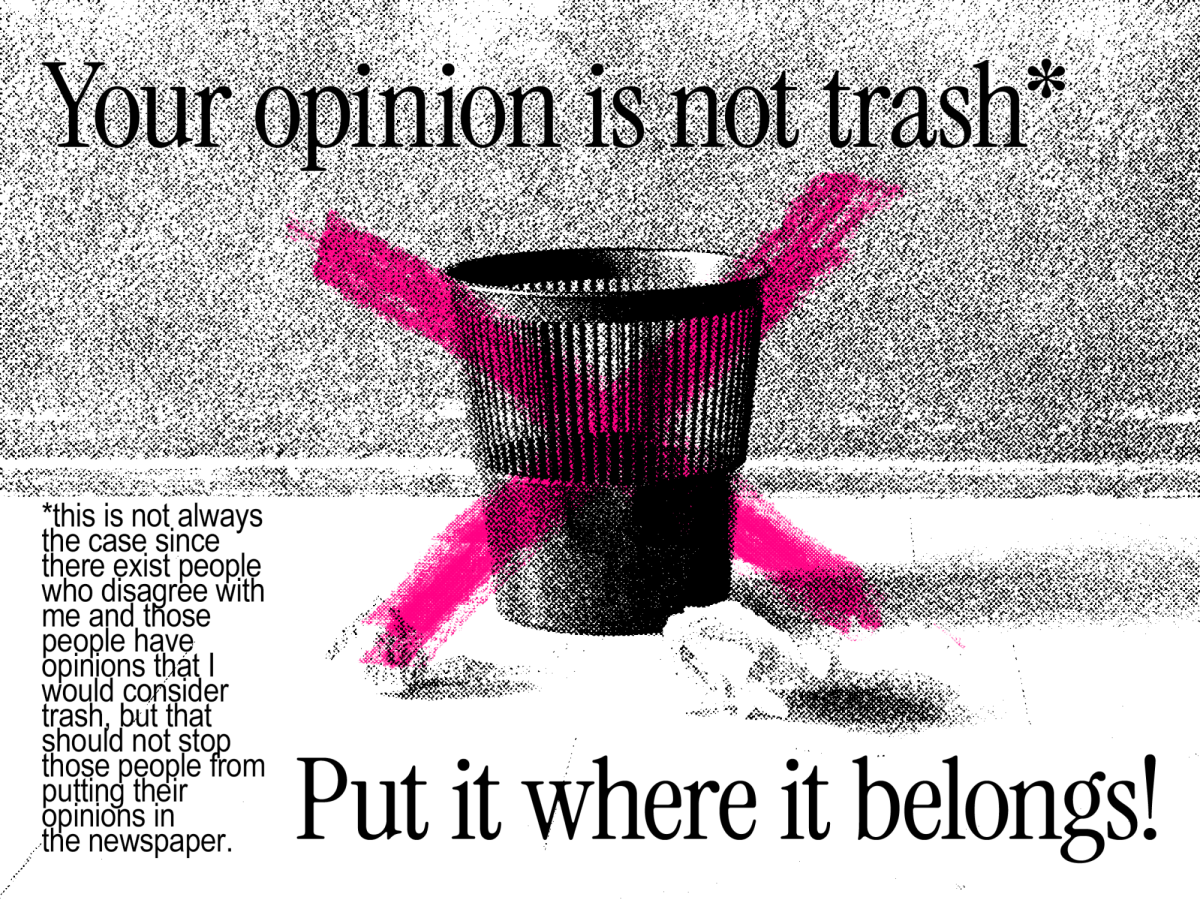The faculty of the History Department wish to express our support of the students and faculty of Matteo Ricci College (MRC).
We ask that the Seattle University community as a whole engage in difficult dialogues.
The occupation by the MRC Student Coalition has been highlighting the urgent need for the entire Seattle University campus to intensively engage in difficult dialogues. The student protest has compelled all of us in our department to discuss, debate, and inform ourselves in as honest and open a manner as we can, with students in and outside of class, among faculty and staff in and outside of our department, and also with other members of the Seattle University community at large. The sit-in has led to the opening up of valuable opportunities for everyone in the community to inform ourselves about diverging views and perspectives and to dialogue across them. The MRC Student Coalition has been practicing community-building through teach-ins and through urging their supporters not to expect an immediate convergence of ideas.
The dialogues we have to engage in are necessarily difficult due to the potentially divisive topics at hand. Further, the new opportunities, born out of contention, are fragile. We are concerned that these new channels of discussion could be shut down or create intractable divisions across campus. We are also deeply concerned about the threats, harassment, and inflammatory language targeted at the MRC Student Coalition and their supporters. Students should feel and know that they have the right to make themselves heard without fear or intimidation. We are also deeply concerned about the threats, harassment, and inflammatory language targeted at the MRC faculty, most of whom are untenured, whose legitimate workplace grievances have been ignored.
The protest and responses to it have highlighted longstanding, systemic issues of exclusion and marginalization on SU’s campus. We understand that the MRC Student Coalition occupation currently underway is a part of a rich history of student activism that has played a vital role in reconfiguring the academy and broader American values. And in this spirit we support the promise to generate a much-needed dialogue about diversity and inclusion, power and responsibility here on our campus. We have wrestled with these issues ourselves within the department—and some members have recused themselves from making a public statement of this nature—without a loss of collegiality and without ignoring or impugning those with whom we might not agree. We believe that the manner in which these issues are dealt with is as important as the content. We strongly urge a respectful and honest dialogue with one another.
We support the students’ demands for creating a more inclusive curriculum and intellectual culture and community.
A more diverse and critical curriculum is a crucial step in enabling the creation of a truly inclusive environment for all. The concerns voiced by the MRC Student Coalition very much resonate with ongoing debates within the History Department. Courses taught by history faculty—in the major and for the core curriculum—emphasize topics relevant to social justice such as race, ethnicity, class, gender, and human rights. We also emphasize understanding contemporary issues as rooted in the past. This framework further emphasizes history as a dynamic process as we are constantly re-evaluating and re-analyzing the voices and worlds that have come before us. This process is very much aligned with an increasingly more globally oriented view of the world and completely in step with curricular and pedagogical standards and practices outlined by professional organizations such as the American Historical Association.
We are willing to assist in mediating among the students, faculty and administrators, and in creating the kind of curriculum that the students and faculty alike can envision in a shared manner.
Respectfully,
Faculty of the History Department




